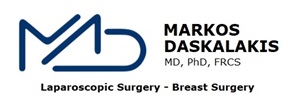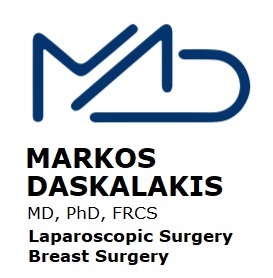Guidelines for the learning period of sentinel lymph node biopsy in breast cancer do not address important details such as the false negative rate way of calculation and the number of patients with positive axilla that should be included among the cases of this period. The aim of this study was to identify refinement points which should be included in the guidelines..
Methods
A systematic review was conducted conforming to PRISMA guidelines. The MEDLINE and Cochrane databases were searched for all articles published prior to April 2019 matching all of the keywords ‘bariatric’, ‘paraplegia’ and ‘spinal cord’. Articles were assessed for relevance and full texts reviewed.
In addition, clinical records were reviewed for three patients who underwent bariatric surgery at a single UK private institution. Non‐identifiable demographic, clinical, operative and outcome data were obtained from electronic records.



